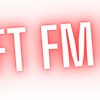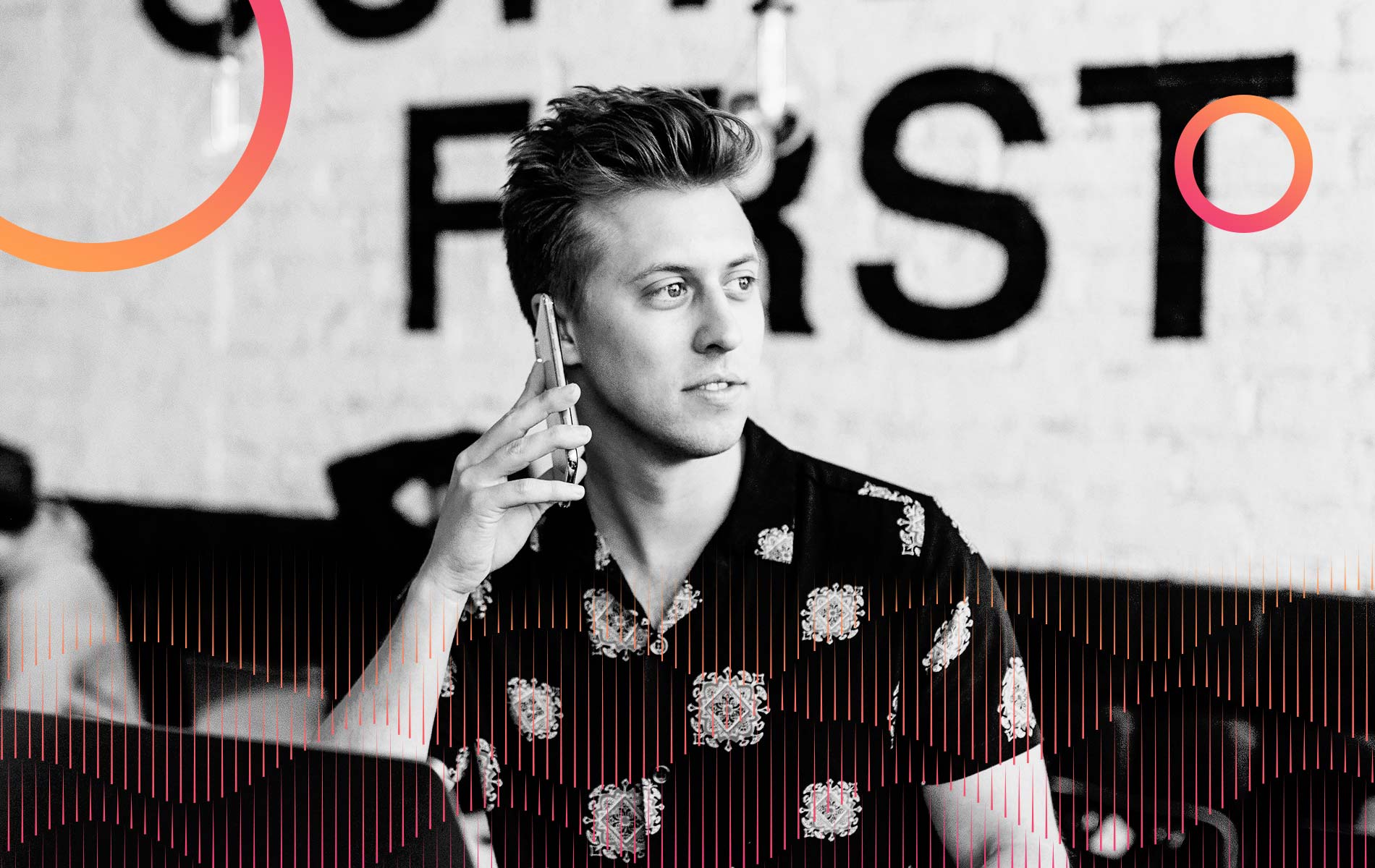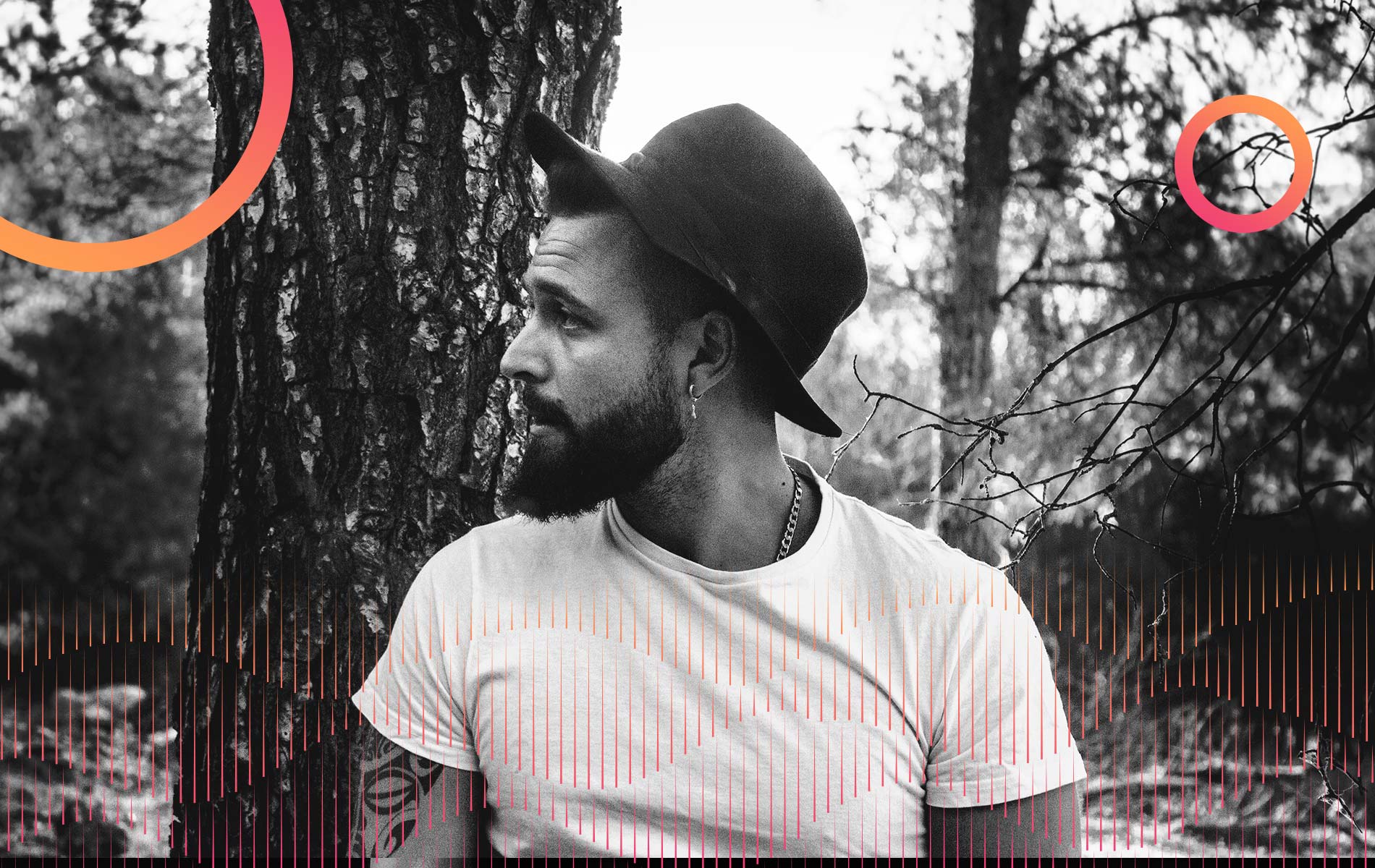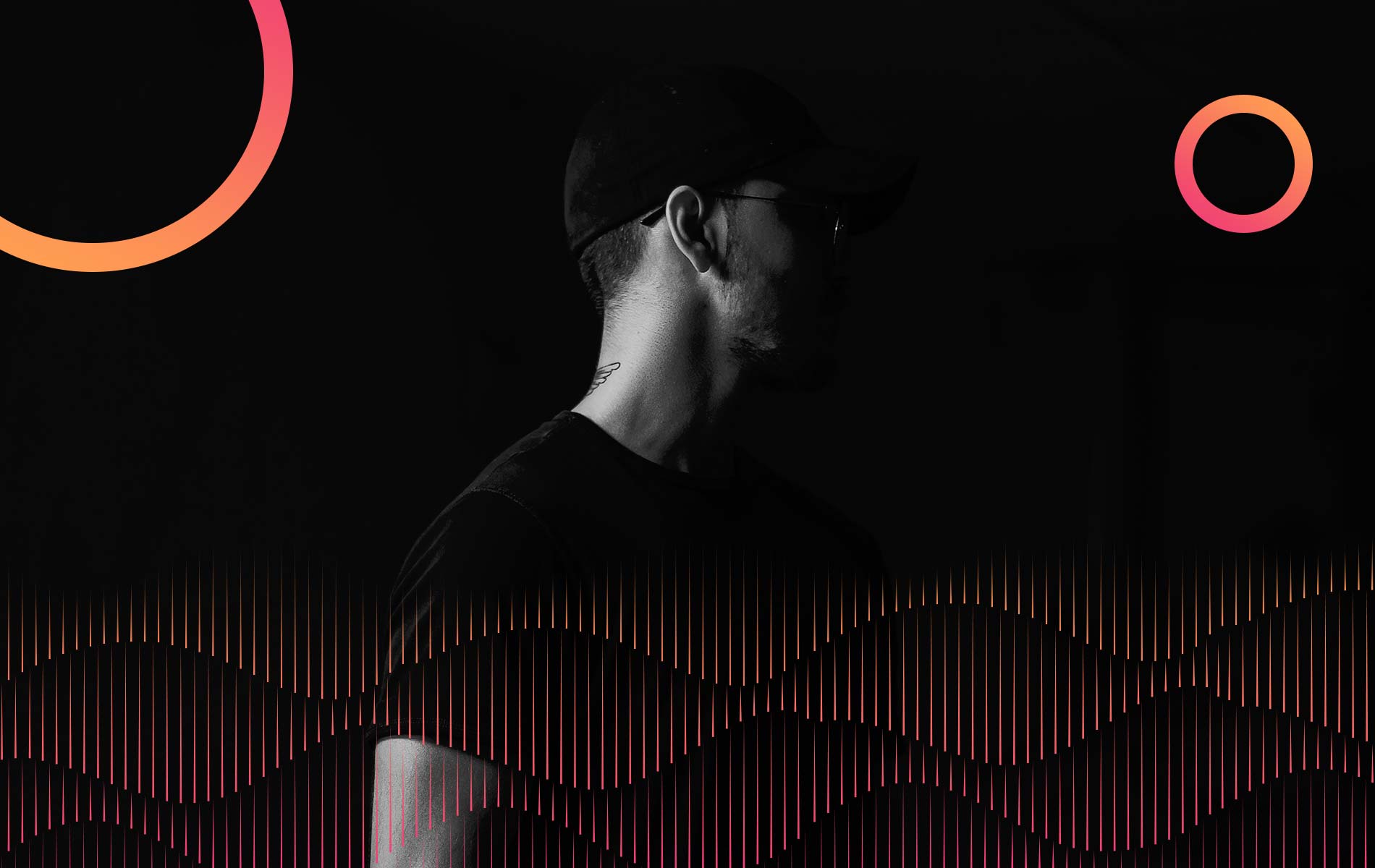Listeners:
Top listeners:
-
 play_arrow
play_arrowElectromusic FM RADIO ONLINE 24/7
-
 play_arrow
play_arrowLondon Calling Podcast Yana Bolder
T-Pain, Demi Lovato, Charlie Puth voice clones used in new Google AI music tool : NPR
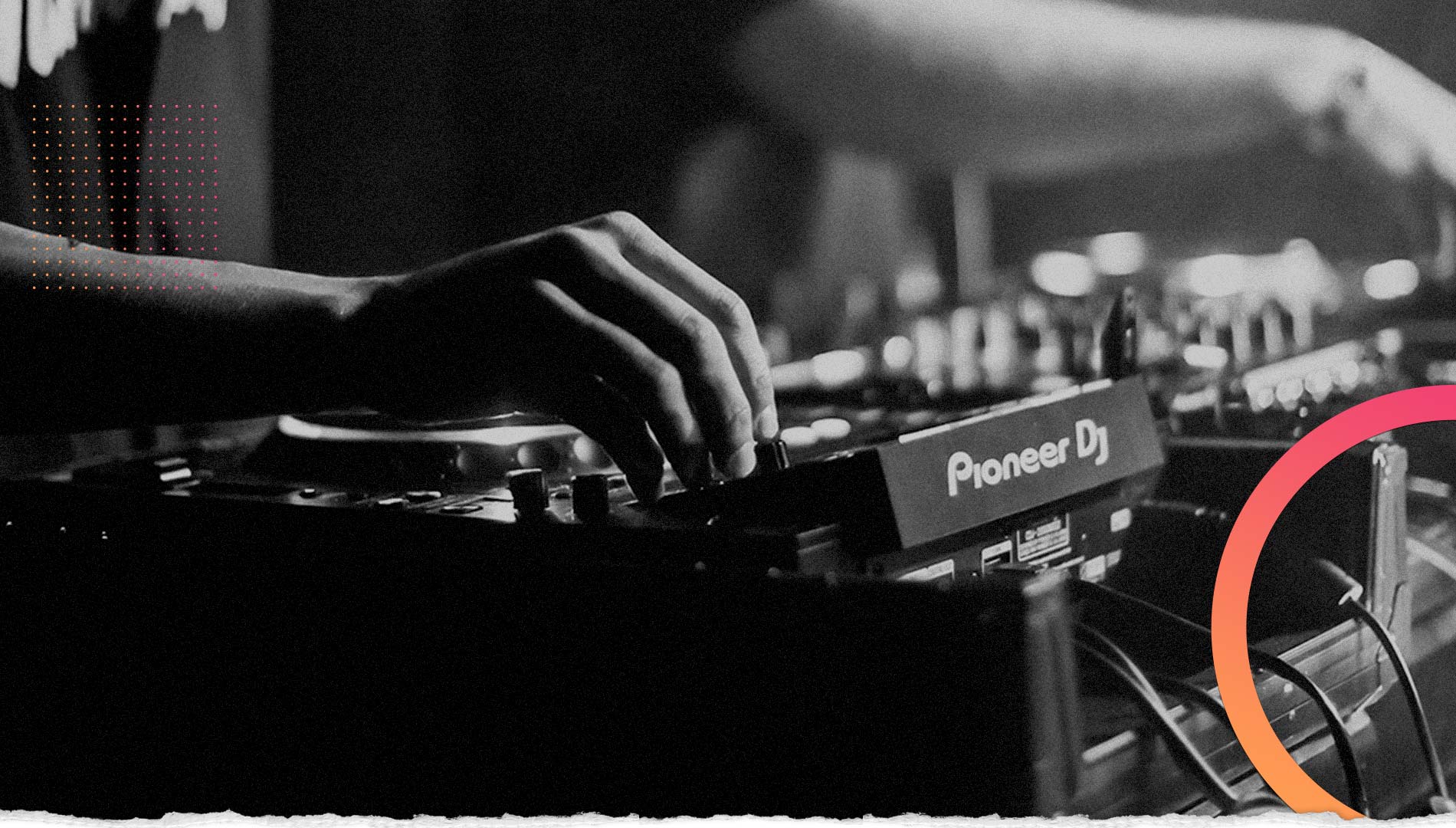
Singer-songwriter Charlie Puth is among the nine recording artists collaborating with Google on its Dream Track AI music tool
Chris Pizzello/Invision/AP
hide caption
toggle caption
Chris Pizzello/Invision/AP

Singer-songwriter Charlie Puth is among the nine recording artists collaborating with Google on its Dream Track AI music tool
Chris Pizzello/Invision/AP
Google has revealed an experimental AI tool, Dream Track, that creates original songs in the style of selected famous singers. It is among several new developments announced Thursday by the tech giant at the intersection of music and AI.
In a demo of Dream Track, a user simply types in a prompt — in this case, “a ballad about how opposites attract, upbeat acoustic” — and the system spits out this short clip of a new song, sung by pop star Charlie Puth’s voice clone with a stylistically relevant backing track.
YouTube
Eight other artists including Alec Benjamin, Charli XCX, Demi Lovato, John Legend, Papoose, Sia, T-Pain, and Troye Sivan signed on to participate in Google’s project. In another demo video, the typed prompt “A sunny morning in Florida, R&B” yields a song performed in suitably auto-tuned fashion by a synthesized T-Pain.
The company is piloting Dream Track (which can currently only be used in YouTube Shorts, YouTube’s short-form video offering) in tandem with other AI music tools that do things like auto-generate horn sections and even entire orchestras from text prompts and humming. Google issued a series of videos demonstrating these tools, which are being developed with the Google subsidiary DeepMind using the AI music generation model Lyria. One demo transforms a simple solo a cappella vocal line into music played by a synthesized string orchestra:
YouTube
In an email to NPR, Google said these tools are currently in a pilot phase. They have not been released to the public yet, but instead are being tested by roughly 100 U.S.-based participating content creators already within Google’s orbit.
Google shared enthusiastic quotes from several participating pop stars.
“Being a part of YouTube’s Dream Track experiment is an opportunity to help shape possibilities for the future,” said John Legend. “As an artist, I am happy to have a seat at the table and I look forward to seeing what the creators dream up during this period.”
But some artists working outside of Google’s orbit are skeptical about these new developments.
“I’m grateful that this new development involves the artists, presumably meaning they are being compensated for what they are contributing to this,” said singer-songwriter and voice actor Dan Navarro. “But the commoditization of music, like so much toothpaste from a tube, leads me to wonder, where is the inspiration? I suspect, not present at all.”
The advances come as Google and other tech companies try to strike a balance between innovation and protecting artists’ intellectual property.
It was only last April that music fans responded with disbelief to the release on streaming and social media platforms of the viral song “Heart on My Sleeve” — a song that used AI to simulate the vocal stylings of hip-hop stars Drake and The Weeknd without the artists’ permission — and in so doing launched a media frenzy.

At that point, Drake and The Weeknd’s label owner Universal Music Group (UMG) invoked copyright violation to get the platforms to take “Heart on My Sleeve” down.
But now the music label is partnering with Google to license the voices of their artists for Dream Track.
“We have a fundamental responsibility to our artists to ensure the digital ecosystem evolves to protect them and their work against unauthorized exploitation, including by generative AI platforms,” said UMG chairman and CEO Sir Lucian Grainge in a statement to NPR. “At the same time, we must help artists achieve their greatest creative and commercial potential – in part by providing them access to the kind of opportunities and cutting-edge creative tools made possible by AI.”

Google said it has agreements in place with all nine participating singers for the Dream Track experiment and is working with UMG and other music industry partners to monetize the technology. It recently issued guidelines for these collaborations, and said it will identify AI-generated content using watermarking technologies, so users know whether they are consuming real or AI-generated content.
“This will obviously become more widespread,” said entertainment business lawyer Schuyler Moore, a partner at the Los Angeles-based law firm Greenberg Glusker.
Moore said he expects licensing deals between tech and entertainment companies around compensating AI spin-offs to become standard in the near future, especially given the fact right of publicity laws vary widely from state to state, and federal legislation is still only in the very early stages of being developed.
“Whoever gets paid for [their voice clone] will be happy because they’ll be able to sit at home and not have to go to a recording session. And other people will go have fun making whatever they want using those clones,” he said.
Written by: Soft FM Radio Staff
Charlie clones Demi Google Lovato music NPR Puth Tool TPain Voice
Similar posts
Electro Music Newsletter
Don't miss a beat
Sign up for the latest electronic news and special deals
EMAIL ADDRESS*
By signing up, you understand and agree that your data will be collected and used subject to our Privacy Policy and Terms of Use.
Podcast episodes
Copy rights Soft FM Radio.
